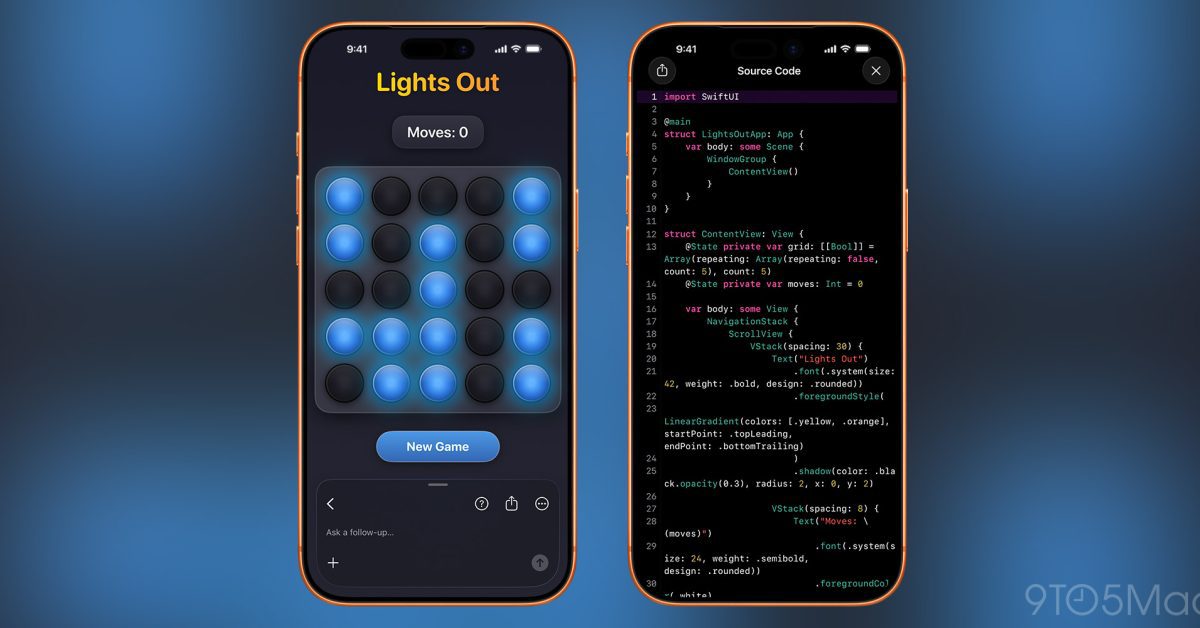Google has unveiled a significant redesign of its Home app, featuring enhanced Gemini AI integration, improved compatibility with Nest devices, and notable advancements in speed and reliability.
Overview of the Redesign
The redesigned Google Home app aims to provide users with a more seamless and efficient experience. This update comes at a time when smart home technology is becoming increasingly integral to daily life, and users expect their devices to work together harmoniously. The enhancements in the app are designed to meet these expectations, making it easier for users to control their smart home ecosystems.
Gemini AI Integration
One of the standout features of the new Google Home app is its enhanced integration with Gemini AI. Gemini, Google’s latest artificial intelligence model, is designed to improve the way users interact with their devices. By leveraging advanced machine learning algorithms, Gemini can better understand user preferences and habits, leading to more personalized experiences.
This integration allows the Home app to offer smarter suggestions based on user behavior. For instance, if a user frequently dims the lights in the evening, Gemini can proactively suggest this action as part of a routine. This predictive capability not only enhances user convenience but also contributes to energy efficiency by encouraging users to adopt more sustainable practices.
Improved Nest Compatibility
Another significant aspect of the redesign is the improved compatibility with Nest devices. Google has long been a leader in the smart home space, and the Nest brand is synonymous with quality and innovation. The updated Home app aims to streamline the management of Nest products, making it easier for users to control their thermostats, cameras, and other devices from a single interface.
The integration of Nest devices within the Home app allows for more cohesive automation. Users can create routines that involve multiple devices, such as setting the thermostat to a specific temperature when the security camera detects that someone has arrived home. This level of integration not only simplifies the user experience but also enhances the overall functionality of smart home systems.
Speed and Reliability Enhancements
In addition to the new features, Google has focused on improving the speed and reliability of the Home app. Users often express frustration with slow-loading apps, especially when trying to control multiple devices quickly. The redesigned Home app addresses these concerns by optimizing performance and reducing loading times.
These enhancements are particularly important for users who rely on their smart home devices for day-to-day tasks. Whether it’s adjusting the thermostat, turning on lights, or checking security cameras, users expect instant responses. The improvements in speed and reliability ensure that the app can handle multiple commands simultaneously without lag, providing a smoother user experience.
User Interface Changes
The visual design of the Google Home app has also undergone a transformation. The updated interface is more intuitive and user-friendly, making it easier for users to navigate through various features and settings. The layout has been streamlined to highlight key functionalities, allowing users to access their most-used features quickly.
One notable change is the introduction of customizable dashboards. Users can now tailor their home screens to display the devices and information that matter most to them. This personalization enhances the overall user experience, as individuals can prioritize their most frequently used devices and routines.
Implications for Smart Home Ecosystems
The redesign of the Google Home app has broader implications for the smart home ecosystem. As more users adopt smart home technology, the demand for cohesive and integrated solutions will continue to grow. Google’s enhancements position the Home app as a central hub for managing various devices, which could encourage more users to invest in smart home products.
Moreover, the integration of AI technology like Gemini could set a new standard for how users interact with their smart devices. As AI continues to evolve, the potential for more advanced automation and predictive capabilities will likely become a key selling point for smart home systems.
Stakeholder Reactions
The response from stakeholders in the tech industry has been largely positive. Industry analysts have noted that Google’s focus on enhancing user experience through AI and improved device compatibility is a strategic move that could solidify its position in the competitive smart home market. Companies that produce smart home devices may also benefit from the increased compatibility with Google’s ecosystem, as it could lead to higher sales and greater user satisfaction.
Consumers have expressed excitement about the potential for a more seamless smart home experience. Many users have long awaited improvements in the Google Home app, particularly in terms of speed and reliability. The promise of enhanced AI integration has also sparked interest, as users are eager to see how these advancements can simplify their daily routines.
Future Developments
Looking ahead, Google’s redesign of the Home app may pave the way for future innovations in smart home technology. As AI continues to advance, the potential for even more sophisticated integrations and features will likely emerge. Google has a history of pushing the boundaries of technology, and the success of the redesigned Home app could lead to further enhancements across its product lineup.
Additionally, as competition in the smart home market intensifies, other companies may feel pressured to innovate and improve their own offerings. This could lead to a wave of advancements in smart home technology, benefiting consumers with more choices and better products.
Conclusion
The redesigned Google Home app represents a significant step forward in the evolution of smart home technology. With enhanced Gemini AI integration, improved Nest compatibility, and a focus on speed and reliability, the app aims to provide users with a more cohesive and efficient experience. As smart home technology continues to grow in popularity, Google’s enhancements may set a new standard for how users interact with their devices, ultimately shaping the future of smart living.
Source: Original report
Was this helpful?
Last Modified: October 2, 2025 at 1:41 am
0 views















